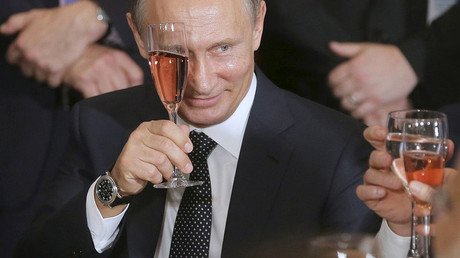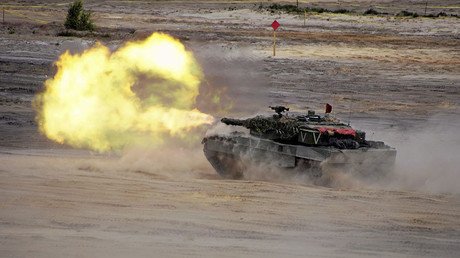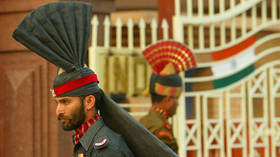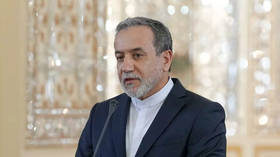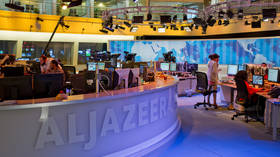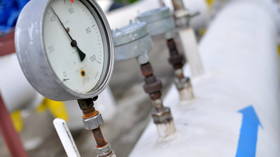NATO should demilitarize border with Russia, or face new Cold War – Corbyn
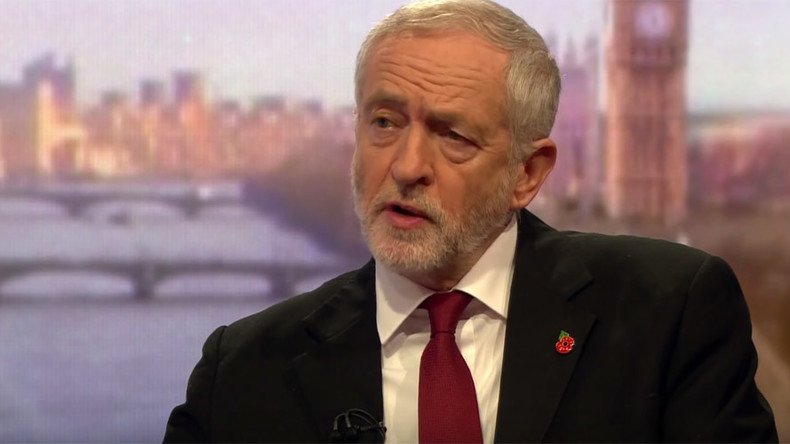
Labour leader Jeremy Corbyn says NATO’s current policies of adding more troops in eastern Europe is only increasing tensions, and has proposed a demilitarized buffer zone on the alliance’s border with Russia.
“There has to be a process that we try and demilitarize the border between what are now the NATO states and Russia so we drive apart those forces, keep them further apart,” Corbyn told Andrew Marr on the BBC. “We can’t descend into a new Cold War.”
Corbyn previously said that NATO “should have been wound up” after the fall of the Iron Curtain, and refused to commit the UK to the principle of collective defense if he were to become Prime Minister.
The Labour MP expressed skepticism that under the current international system any rapprochement with Moscow was possible.“Donald Trump clearly thinks he can have a strong relationship with Putin on the basis that he is a strong leader. But, it’s not about strong leaders, it’s about movements towards coexistence and peace,” explained Corbyn.
As a solution, the 67-year-old proposed the OSCE and the Council of Europe as potential “forums” for building new ties with the Kremlin.
During the 15-minute sit-down interview, Corbyn repeatedly reiterated that his anti-NATO stance did not equal unequivocal support for Russia, saying he has “many criticisms of Putin, of human rights abuses, and the militarization of society.”
NATO is currently placing a new 4,000-strong fast-response force in eastern Europe, with most soldiers scheduled to be stationed in the Baltic States, which have spoken out most insistently about a supposed threat from Moscow.
Last week, newspapers reported that NATO is trying to cut down the time for deploying a force of 300,000 to eastern Europe from 180 days to two months, citing Russia’s increased defense spending, and conflicts in eastern Ukraine and Georgia in 2008.
The US is also continuing with its plans to roll out a missile defense shield over Europe with bases in Poland and Romania, despite long-standing objections from Moscow.
